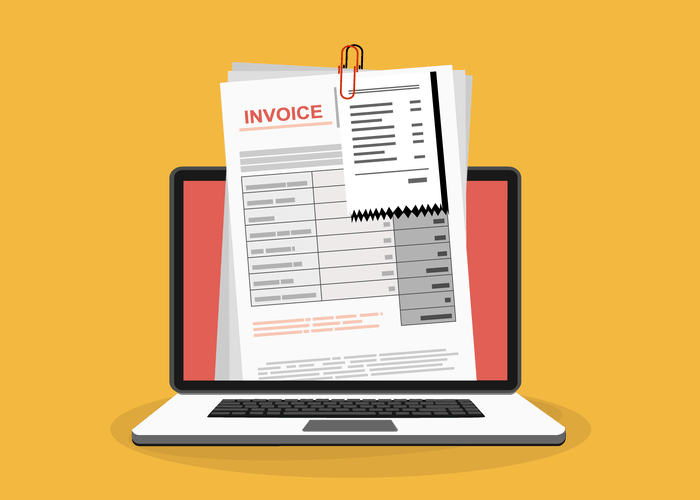Overtime Laws: A Complete Guide for U S. Employers 2025

In India, overtime rules and procedures vary what is overtime according to the working hours under labor law. Most working sectors are unaware of the rights they deserve for working more than their scheduled hours. FLSA timekeeping requirements are another part of overtime pay rules. These records are important in case your employee claims you violated FLSA requirements. If you pay employees, you need to know about overtime pay laws and how they can affect your business.
- What constitutes overtime—the hours an employee works in addition to their standard working hours and the accompanying increased rate of pay—varies depending on where you are based.
- The time worked in excess to 48 hours in a week and nine hours in a single day will be termed as overtime under the Act, and will require the employer to pay workers twice the standard wage.
- The article will also discuss the overtime laws for women and children.
- You must spend no more then 20% of your time doing activities that are not directly related to the duties described above in order to be classified as a Professional.
- Employees cannot waive their right to overtime pay.Only public employees are eligible for time off instead of being paid overtime under federal law.
- You need to have a good employment lawyer to avoid any unnecessary disputes over overtime provisions and laws.
Overview of overtime pay and taxation
- Your payroll records must contain personal information like an employee’s name, address, birth date, etc.
- Overtime doesn’t include regular work performed on weekends, holidays, or other days off unless it becomes overtime by definition.
- Employees who are not paid proper overtime wages for hours worked can file an unpaid overtime claim with the local Department of Labor branch, who will work with the employer to ensure compliance with the law.
- Today, overtime compliance is managed by the federal and state branches of the U.S.
- The interstate commerce requirement has been interpreted very broadly, meaning the FLSA applies to most US employers.
- The labor market is currently going through a period of change that impacts all its members, including employees, employers, and independent contractors.
- Your employee Sarah typically works a standard 40-hour week and is paid $25 an hour, including non-discretionary pay.
Your payroll records must contain personal information like an employee’s name, address, birth date, etc. You must also keep attendance management records that indicate the number of hours an employee works each week. And, be sure to check with your state Department of Labor for more information.

FMLA Rules by State and Federal Guidelines (2025 Employer Guide)
Your employee Sarah typically works a standard 40-hour week and is paid $25 an hour, including non-discretionary pay. What constitutes a regular working schedule—and, therefore, overtime—varies. For example, https://www.bookstime.com/articles/deferred-revenue under US law overtime is any work hours exceeding 40 hours in a workweek.

What is Overtime Pay?
Certain types of work hours may not count toward the 40-hour threshold. In the US, overtime is regulated at a federal level by the Fair Labor Standards Act (FLSA). TimeClick’s time tracking system helps you automatically flag potential overtime issues, set alerts, and maintain contribution margin clean, audit-ready records. Try our free Time Card Calculator to see how quickly overtime costs can add up.


HR managers can consult their organization’s legal department for proper definitions of employee status of exempt and non-exempt to avoid misclassification. All first-responders, including police, paramedics, and firefighters, are specifically offered overtime protection under the FLSA. A seasonal employee is an employee that a company hires to work during a specific season each year.
- These articles and related content is not a substitute for the guidance of a lawyer (and especially for questions related to GDPR), tax, or compliance professional.
- Additionally, certain professions, such as those in healthcare or emergency services, may have different overtime regulations due to the critical nature of their work, often requiring longer or irregular hours.
- Here are answers to some of the most common overtime questions employers ask.
- In fact, Department of Labor data shows that certain sectors consistently lead in overtime violations and back wages owed.
- As an employer, it’s your responsibility to properly categorize your employees as exempt or nonexempt for the purposes of overtime.
Normal working hours are established to create a balance for employees’ health and productivity. Your job is classified as an Administrative position if your primary duty is non-manual work related to business operations, management policies, or administrative training. Your job must be salaried to fulfill the requirements, and you must spend no more then 20% of your time doing activities that do not fit in the categories described above (or 40% in a retail environment). Maternity leave is a leave of absence from work for mothers following the birth, adoption, or foster care placement of a child. Maternity leave is often a part of broader parental leave, which extends to both parents.


